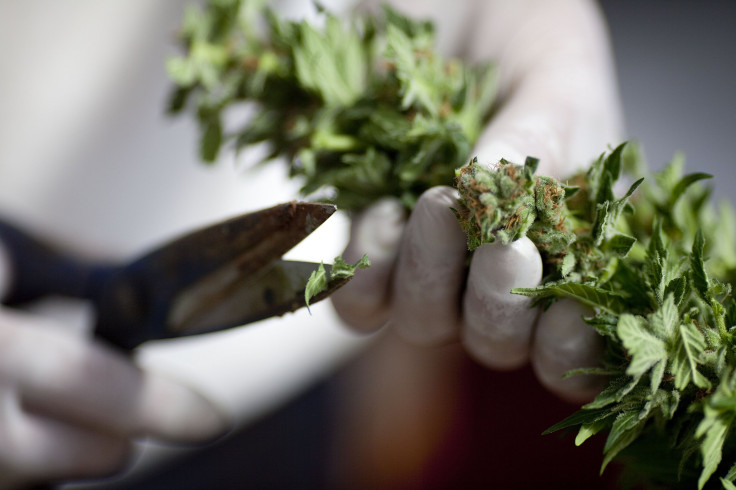Marijuana Legalization: California Looking At $1B Tax Bonanza From Legal Pot

Legalization of recreational use of marijuana could mean a tax bonanza for California with tax collectors already taking the first steps toward getting a handle on the emerging industry.
The California Board of Equalization approved a proposal Tuesday to ask for funds to hire staff in anticipation of 2018 when legalization of recreational use kicks in after California voters decided Nov. 8 to approve Proposition 64. As many as 25,000 cultivators are expected to register and begin paying taxes. The board expects to need $20 million by 2021 to support a staff of 114.
State analysts estimate local governments could see $1 billion in revenue from the production and legal sale of marijuana even though pot remains illegal on the federal level, and it is unclear how the incoming administration will deal with the patchwork of laws across the country.
Eight U.S. states and the District of Columbia allow recreational use of marijuana. In all, 28 states and the District of Columbia allow medical marijuana, with more poised to enter the club. California was the first state to approve medical marijuana. Some 1,700 dispensaries have opened in the past 20 years.
President Barack Obama said in a Rolling Stone interview this week he thinks marijuana should be regulated like alcohol and cigarettes.
Proposition 64 directs the state to treat cannabis like alcohol, allowing people at least 21 years of age to possess an ounce of pot legally and to grow six plants in their homes. Cities and counties can impose their own regulations and taxes.
Consumers will pay a 15 percent excise tax on retail sales for both recreational and medical marijuana, and a cultivation tax will be applied to harvested plants on the commercial market.
People have been growing weed illegally in California for decades, some grows operated by drug cartels. Board member Diane Harkey said no one knows how the state is going to bring them into the system.
"It's just going to be the wild, wild West out there," board member Jerome Horton told Medical Xpress. Horton said he thinks the board will need a lot more staff and funding than what was approved this week.
Because of federal prohibitions, the board and local taxing bodies will have to figure out how to collect those taxes. Federal law prohibits banks and credit card companies from handling money associated with the drug trade, forcing many marijuana businesses to operate on a cash-only basis.
Marijuana currently is still listed as a Schedule I drug and earlier this year the Drug Enforcement Agency refused to reclassify it.
More than 65 million people now live in states that allow some form of marijuana use. A recent Gallup poll indicates 60 percent of Americans support legalization compared with 12 percent in 1969.
In Colorado, the first state to allow recreational use of marijuana and with a population a seventh the size of California’s, tax revenue from both medical and recreational sales totaled $134 million in the first nine months of this year.
© Copyright IBTimes 2024. All rights reserved.






















